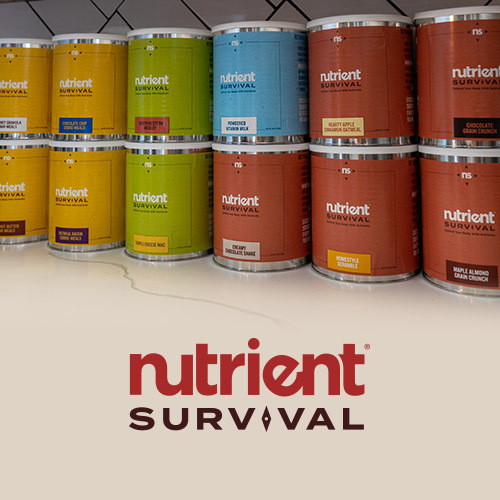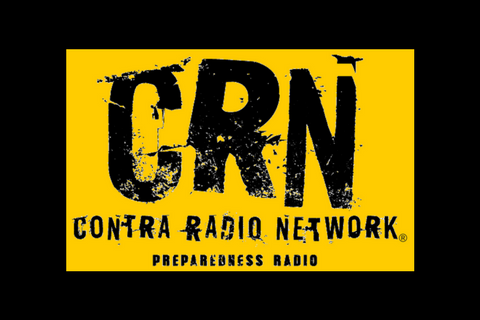Chickens for Beginners | Episode 353
Podcast: Play in new window | Download
Subscribe: RSS

Chickens for Beginners | Episode 353
Raising chickens is a great step toward self-sufficiency, providing fresh eggs, meat, pest control, and natural fertilizer for your garden. Whether you’re in a rural area or even a more urban setting, chickens can be a great addition to your homestead. Here’s what you need to know to get started.
Why Raise Chickens?
Chickens offer numerous benefits beyond just egg production. They help with composting kitchen scraps, reduce insects in your yard, and provide valuable manure for your garden. Plus, raising chickens can be a rewarding experience, especially if you have children who can learn responsibility by caring for them.
Choosing the Right Breed
Not all chickens are the same! Some breeds are better suited for egg-laying, while others are raised for meat. For beginners, hardy, low-maintenance breeds are ideal. Here are a few top choices:
- Rhode Island Reds – Great layers, hardy in different climates
- Buff Orpingtons – Friendly, good for both eggs and meat
- Barred Rocks – Low maintenance, excellent layers
- Leghorns – High egg production, but more active and independent
Setting Up a Coop
Your chickens need a safe, comfortable place to live. A well-designed coop should include:
- Proper space – At least 2-3 square feet per bird inside the coop and 8-10 square feet in the run.
- Roosting bars – Chickens like to perch off the ground while sleeping.
- Nesting boxes – One box for every 3-4 hens is sufficient.
- Ventilation – Good airflow prevents moisture buildup and respiratory issues.
- Predator protection – Use hardware cloth (not chicken wire) to keep out raccoons, foxes, and hawks.
Feeding & Nutrition
Chickens require a balanced diet for optimal health and egg production. Essentials include:
- Layer feed – Provides the necessary protein and nutrients.
- Grit – Helps chickens digest food properly.
- Calcium supplements – Crushed oyster shells or eggshells keep eggshells strong.
- Treats – Kitchen scraps and scratch grains can be fed in moderation.
Daily & Weekly Care
Chickens are relatively low maintenance, but daily and weekly care is necessary:
- Daily: Fresh food and water, egg collection, general health check.
- Weekly: Coop cleaning, refilling grit and calcium sources, deep litter turning.
Common Health Issues
Like any livestock, chickens can develop health problems. Common issues include:
- Parasites – Mites and lice can be prevented with diatomaceous earth or poultry dust.
- Respiratory infections – Good ventilation helps prevent these.
- Egg-binding – Calcium supplements and proper nutrition help prevent laying issues.
Egg Laying & Collection
Most hens start laying around 5-6 months old and produce eggs regularly, depending on breed and season. Expect fewer eggs in winter unless supplemental light is used. Collect eggs daily to keep them clean and fresh.
Seasonal Considerations
- Summer: Provide shade, cool water, and dust baths to prevent overheating.
- Winter: Insulate the coop, ensure proper ventilation, and keep water from freezing.
Legal & Neighborhood Considerations
Before getting chickens, check your local zoning laws. Some areas limit the number of birds or prohibit roosters due to noise concerns. Keeping good relations with neighbors by maintaining a clean coop and managing noise levels is essential.
Expanding Your Flock
Once you have experience, you may want to add more chickens. Introduce new birds gradually, as chickens establish a pecking order that can cause initial aggression.
Final Thoughts
Raising chickens is a rewarding experience that provides food security and self-sufficiency. With the right setup and care, you’ll enjoy fresh eggs, pest control, and even a little entertainment from your flock. Whether you’re just getting started or thinking about expanding, chickens are a valuable addition to any homestead!
Links
Think this post was worth 20 cents? Consider joiningThe Survivalpunk Army and get access to exclusivecontent and discounts! |
Don’t forget to join in on the road to 1k! Help James Survivalpunk Beat Couch Potato Mike to 1k subscribers on Youtube
Want To help make sure there is a podcast Each and every week? Join us on Patreon
Subscribe to the Survival Punk Survival Podcast. The most electrifying podcast on survival entertainment.
Like this post? Consider signing up for my email list here > Subscribe
Join Our Exciting Facebook Group and get involved Survival Punk Punk’s










Follow Us!